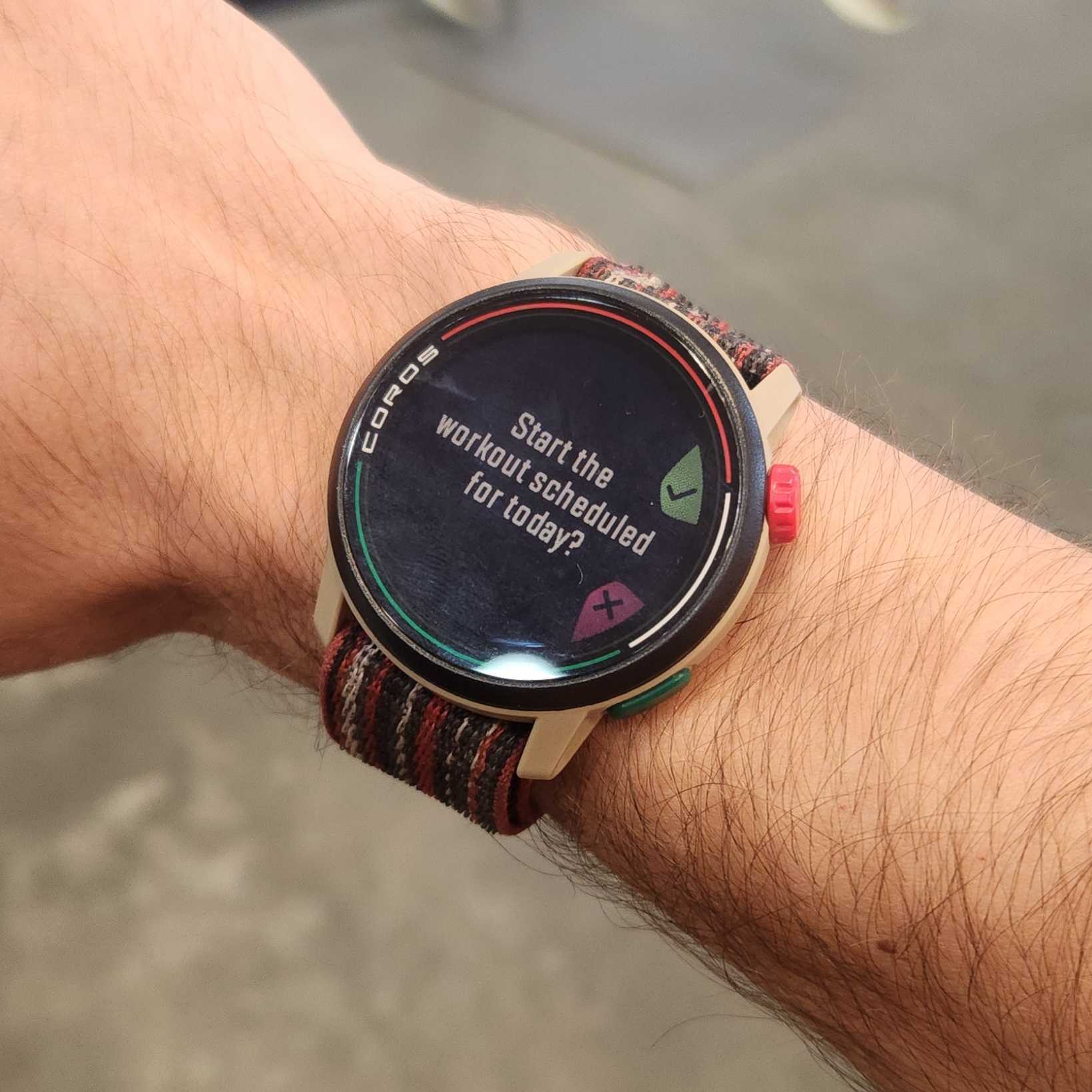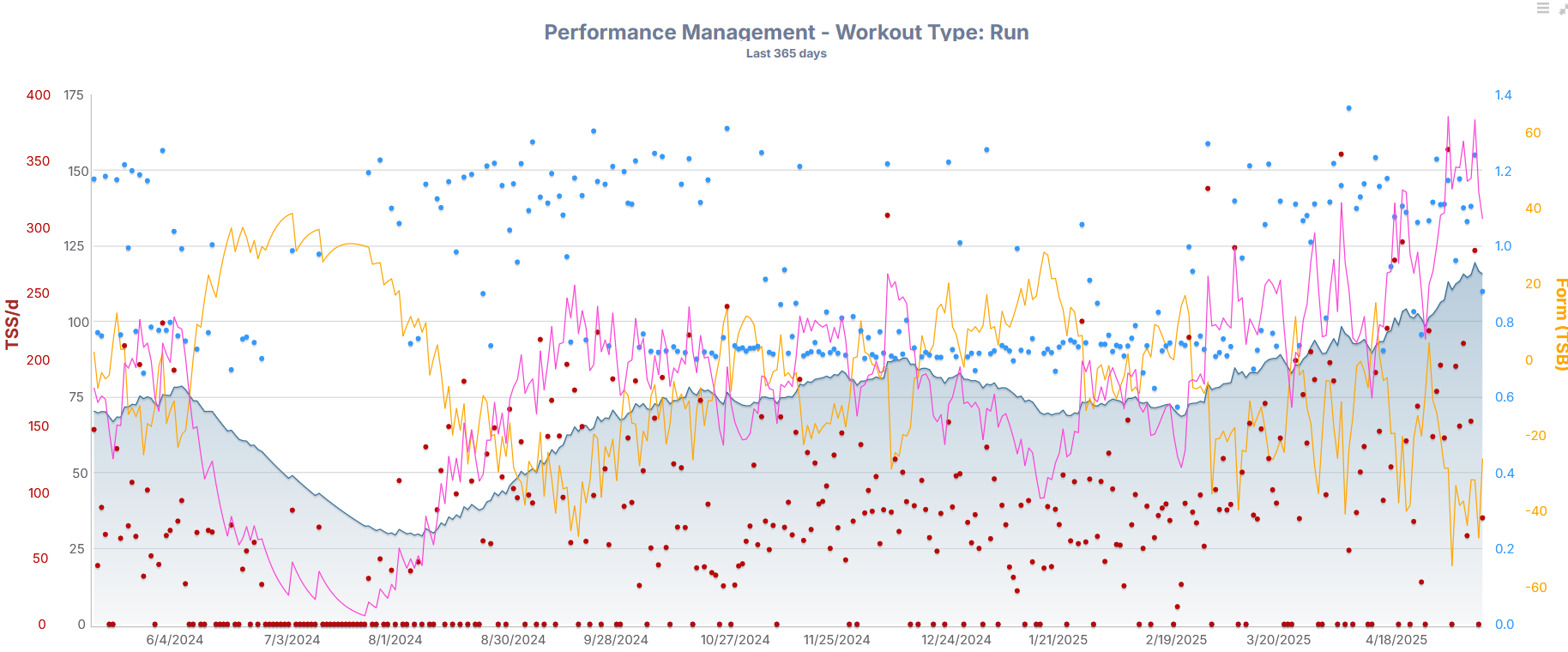This week, I wanted to propose a hypothetical situation and walk you through my thought process on how 605 Run Coaching would help him find success.
Athlete Profile:
Name: Steve Hopkinton
Age: 40s
Running History: Steve got into running in his early 30s as a way to relieve stress but has since begun taking the sport a little more seriously. Over the last few years, he has run at least two marathons per year and averages somewhere around 40 miles per week in season without much structure in his runs.
Situation: Mr. Hopkinton feels as though he has hit a plateau and hasn't seen a personal best for a year or two. However, he dreams of qualifying for the Boston Marathon one day. Steve loves to participate in local races and finds himself doing every 5k or 10k (and occasional half marathon) he can find, as well as his goal seasonal marathon. Steve finds himself quite tired a lot and seems to be stuck in a rut. He feels as though he has a "speed limit" where he just can't quite run faster.
Steve has reached out to 605 Run Coaching asking for help in breaking through this plateau and helping him finally qualify for the Boston Marathon.
Solution:
I hear stories like Steve's all the time. "I've been running forever, I put in a ton of miles, but I can't seem to get any faster." Here are a few key takeaways I have from this scenario, and how I would go about addressing this athlete.
-
The first step is always to prioritize goals. Steve says he loves to participate in local events – why? Does he find joy in the community aspect? Does he find a challenge in trying to set personal bests? Is he using these events as a way to build fitness for the marathon?
We find out Steve doesn't have a real reason. He says it is just something he feels he "should do" to get better at running.
Great. In my opinion, then, we should scale back on the amount of racing that he does to prioritize proper recovery between hard efforts. Maybe we should look at volunteering to help organize the race to enjoy the environment while not jeopardizing his goal of qualifying for Boston.
-
Next, we need to know what your typical week of running looks like. Do we have any dedicated speed workouts? How fast are you running your general mileage?
Steve says he typically just goes out the door and runs whatever feels right for the day and doesn't typically pay too much attention to his efforts. All he knows is that he has more free time on the weekends, so his Saturday run is usually the longest.
Also great. This means we have tons of room for improvement! What I will typically do now is get our software, Training Peaks, involved. With this software, I can send prescribed workouts directly to his watch. That way, I can ensure that he is running his easy days appropriately easy and begin to target some more specific speed workouts. What are those workouts? This blog would be too long for me to get into specifics, but we need to add in some new stimulus somehow!


-
We need to build a logical race calendar and allow appropriate recovery.
Steve says he isn't a "streak runner" but most weeks runs 6 or 7 days per week. He generally doesn't take much rest after his races, as he's worried about falling behind in training for the next one.
Here I would slow down Steve. Allow the body to rest. Taking rest can be a mental challenge, but I would do everything in my power to help him understand that we need to pull back on the intensity to give our body time to absorb all of the training. Taking a week off is not a bad thing when timed properly.
Conclusion:
We don't know exactly how Steve's training would respond in this scenario, but using our tools like Training Peaks and Slack communication, I would continually monitor his progress and fatigue levels. I'm quite certain that introducing new training stimulus and proper recovery would put him on the right track.
If you want to learn about how I would assess your training - set up a time to chat here
– Coach Derrick
